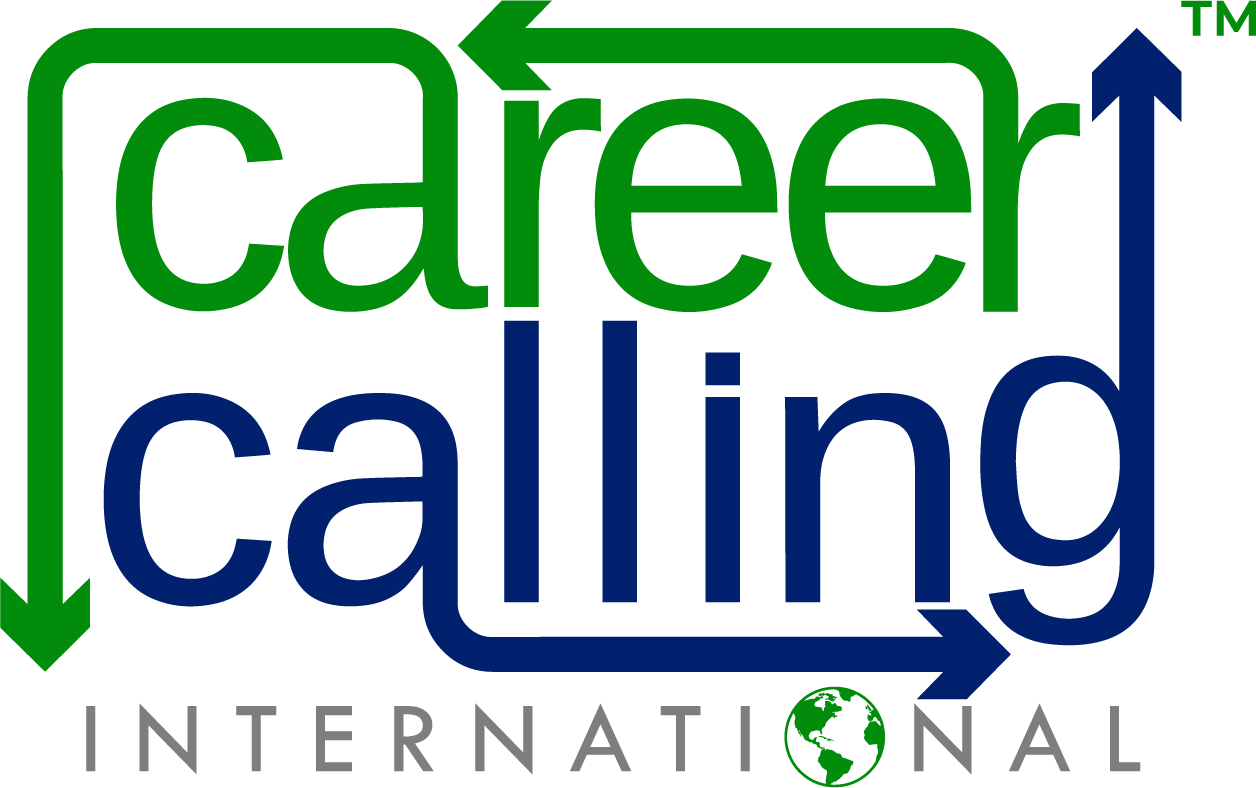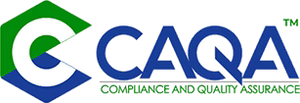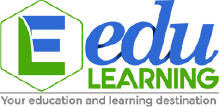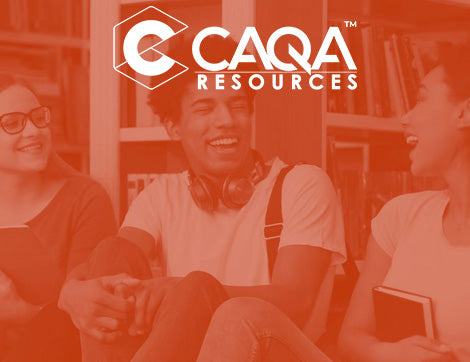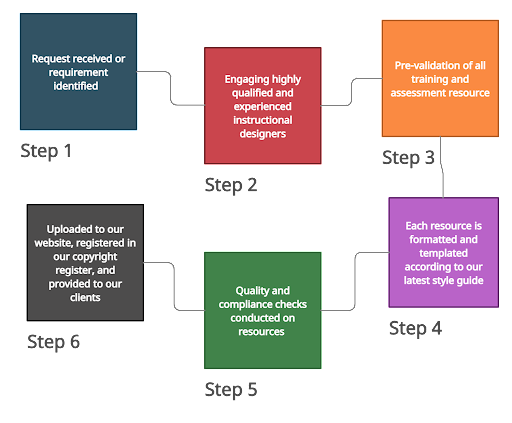Introduction
CAQA Resources has carved a niche for itself in the field of instructional resource development, largely owing to its rigorous process that ensures the highest quality. This process involves a collaboration between experienced instructional designers, subject matter experts, and compliance specialists. Below, we unpack each step of our resource development process.
Engaging Expertise
We initiate our process by collaborating with instructional designers who possess both high qualifications and extensive industry experience. These designers consult with subject matter experts to craft materials that are not only academically rigorous but also aligned with the latest industry standards and curriculum changes.
Pre-Validation
Before our training and assessment resources reach you, they undergo a preliminary validation process. Our compliance specialists, who bring in over 20 years of validation experience, assess each material to ensure they meet regulatory and quality standards.
Formatting and Templating
All resources are then structured and styled according to our most recent style guide, ensuring uniformity and readability.
Final Checks
Finally, our compliance experts conduct a last round of quality and compliance checks to verify the integrity of the materials.
Distribution
Once verified, these materials are uploaded to our website, registered in our copyright register, and then distributed to our clients.
FAQs:
1. What is the purpose of due-diligence audits?
Due-diligence audits serve to evaluate the quality, compliance, and effectiveness of training and assessment resources. They ensure that the materials are in line with educational standards and regulations.
2. When should a due-diligence audit be conducted?
A due-diligence audit should be conducted both before the release of new materials and periodically thereafter. This ensures continuous quality and compliance with evolving educational standards.
3. What are the benefits of conducting due-diligence audits?
Due-diligence audits offer several benefits:
- They validate the quality and effectiveness of materials.
- They confirm alignment with current educational and industry standards.
- They identify areas for improvement, thereby aiding in continuous enhancement.
4. Who should conduct a due-diligence audit?
Ideally, an experienced compliance specialist or a qualified external auditor should conduct the due-diligence audit to ensure an unbiased and thorough assessment.
5. What areas should be covered in a due-diligence audit?
Areas to be covered include:
- Alignment with educational standards
- Quality of content
- Compliance with regulatory requirements
- Effectiveness in achieving educational objectives
Suggested Read: The learner guide and presentations should not be the only source of answers for your students'


